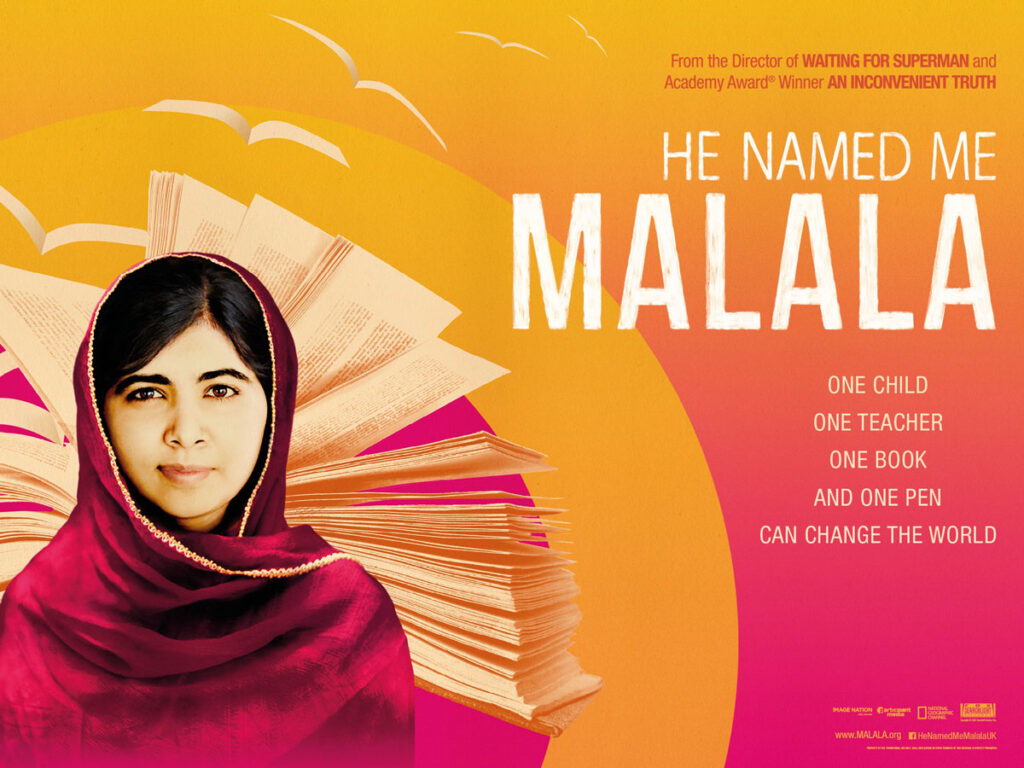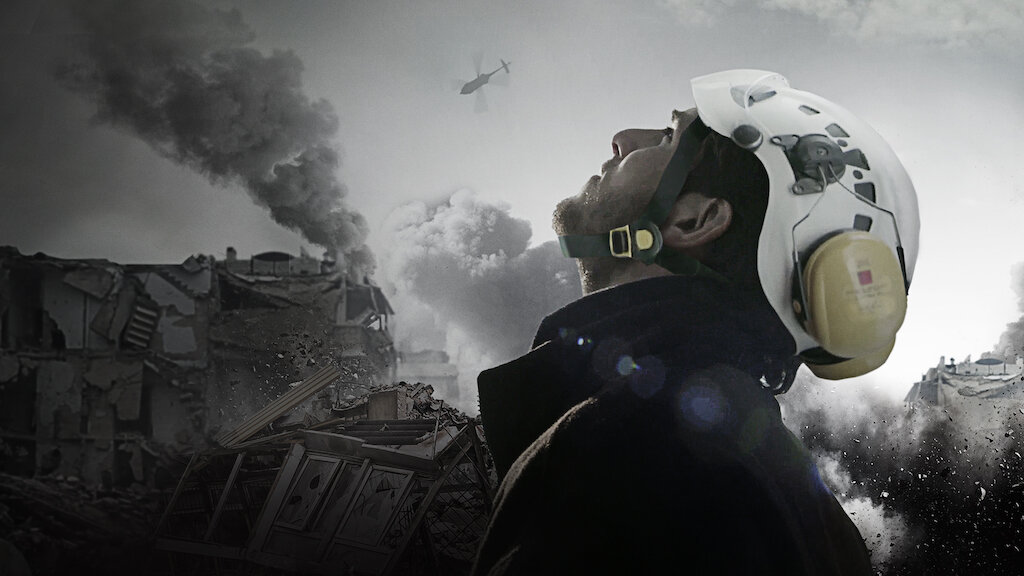Table of Contents
Netflix Documentaries for Humanitarian Workers
November 4, 2019
According to a Streaming Observer study, the world collectively spends 164.8 million hours each day watching Netflix.
Which sounds like a lot, but don’t let that make you neglect your account.
Netflix actually has a huge collection of inspiring, informative and insightful documentaries for humanitarian workers.
And, most of these documentaries only count for around 0.000001% of the world’s collective viewing time for the day so you can watch guilt free!
We can always use another reason to have a Netflix binge…
He Named Me Malala (2015)
Activist and Nobel Peace Prize laureate Malala Yousafzai was wounded when Taliban gunmen opened fire on her & her friends when travelling home from school in 2012.
The then 15 year old, who was specifically targeted for advocating for girls’ right to education, was shot in the head. This documentary recounts how Malala miraculously survived the attack and continued to advocate for the educational rights of women and girls in Pakistan, even more vehemently.
This inspirational story is the perfect documentary for humanitarian workers passionate about the rights of women and girls.

Miss Representation (2011)
In this documentary, actor turned filmmaker Jessica Congdon Newsom explores the obstacles women face in American media and the stereotypes that define them on screen.
It is solely focused on American film and television, providing only a Western perspective.
But, it’s still very insightful, as Western culture has a global penetration via its media outlets and pop culture.
Shocking statistics like women make up 51% of the population and only 17% of Congress, 3% of Fortune 500 CEOs and hold only 3% of power positions in mainstream media, really emphasise the point that American media sets women up from a young age to self-objectify and to think they have no place in positions of power, especially if it means they could change how they are represented in the media itself.
The film inspired the founding of a non-profit organisation called The Representation Project, which uses celebrity ambassadors to spread the messages from the film, and has since created the award-winning documentary The Mask You Live In (2015), which looks at the harmful notions about masculinity in American culture (also worth a watch).
The White Helmets (2016)
This short documentary follows a group of volunteers as they face unimaginable danger to search for survivors and rescue people amidst the turmoil and violence on-the-ground in Syria and Turkey.
The Syria Civil Defense, known locally as The White Helmets, search the wreckage caused by bomb attacks for survivors, regardless of political allegiances.
This is an incredibly powerful film and at only 40 minutes run-time, it’s a perfect documentary for humanitarian workers who need an inspo fix.

Chasing Coral (2017)
Chasing Coral follows a team of divers, photographers and marine biologists as they set out to discover why the planets coral reefs are dying at such an alarming rate. Coral reefs are not only incredibly beautiful, but they are a remarkably important ecosystem, sustaining all life in the oceans.
But with carbon emissions warming the earth, a phenomenon called ‘Coral Bleaching’ is occurring all over the world.
While not strictly humanitarian themed, this documentary offers shocking insights into the effects climate change is having on the planet, the ecosystems and creatures that live here and by extension, humanity and is surprisingly upsetting.
Daughters of Destiny (2017)
Shot over 7 years, this documentary series follows pupils at the Shanti Bhavan school in Tamil Nadu, India. Founded in 1997, the school aims to help break the cycle of poverty by providing education to the children of families in the lowest caste in India.
The series focuses on the female pupils, who are often denied an education, and revisits them at different points over the 7 year period.
It’s a series full of hope & innocence, a documentary for humanitarian workers who need to see the fruits of the sectors collective labour.
E-Team (2014)
E-Team follows a group of individuals from the international human rights organisation Human Rights Watch, known as the E-Team (short for Emergency Team).
Anna Neistat, Ole Solvang, Peter Bouckaert and Fred Abrahams quickly respond to allegations of human rights abuse on-the-ground in Syria and Libya as they carry out investigate work and bring it to the attention of international media.
Written by Romey Watters
Digital Marketing Officer





